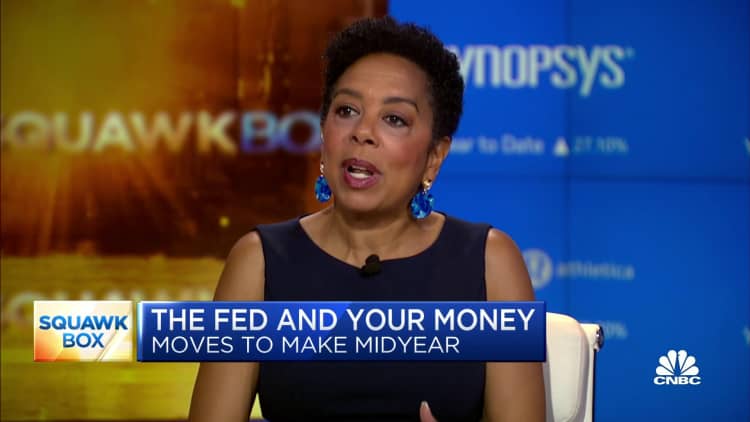Treasury proposes crypto tax reporting rule. What it means for investors
As the U.S. Department of the Treasury and IRS roll out proposed regulations for crypto tax reporting, experts say it’s critical for investors to accurately report and track activity.
Stemming from the 2021 federal infrastructure bill, the agencies on Friday unveiled the long-awaited tax reporting proposal for cryptocurrency, non-fungible tokens and other digital assets. It’s part of a broader effort to “close the tax gap” and address crypto tax evasion, according to the Treasury.
Similar to other tax forms, the regulations would require brokers to begin sending Form 1099-DA to the IRS and investors in January 2026, to report crypto activity from 2025. Notably, the proposal includes both centralized and some decentralized exchanges, crypto payment processors and certain online wallets.
Consider amending past tax returns
With more IRS scrutiny on the horizon, “it’s more important than ever to report all of your crypto activities in the current year,” said certified public accountant and tax attorney Andrew Gordon, president of Gordon Law Group.
If you haven’t been reporting crypto, he said to consider amending past tax returns because “the IRS is going to have a firehose of information about transactions.”

Generally, it’s better to voluntarily disclose unreported income to the IRS before the agency uncovers your mistake, which may reduce penalties and interest, explained CPA Alex Roytenberg, who specializes in digital assets.
It may not be necessary to amend a return for $5 to $10 of unreported income. “But a lot of individuals are looking at six to seven figures, potentially, of crypto activity that they’ve never reported,” he said.
‘Trust, but verify’ with your own records
While Form 1099-DA may “reduce the burden of compliance” for some investors, Roytenberg said it’s important to keep records of all your crypto transactions.
You may reduce inconsistencies and missing information by keeping all your digital assets in one exchange, he said. But there’s still potential for reporting errors, especially for transactions that occur outside the blockchain network.
“Trust, but verify,” Roytenberg said. “I’m not expecting the 1099-DA to be a one-stop-shop to solve all the issues.”






